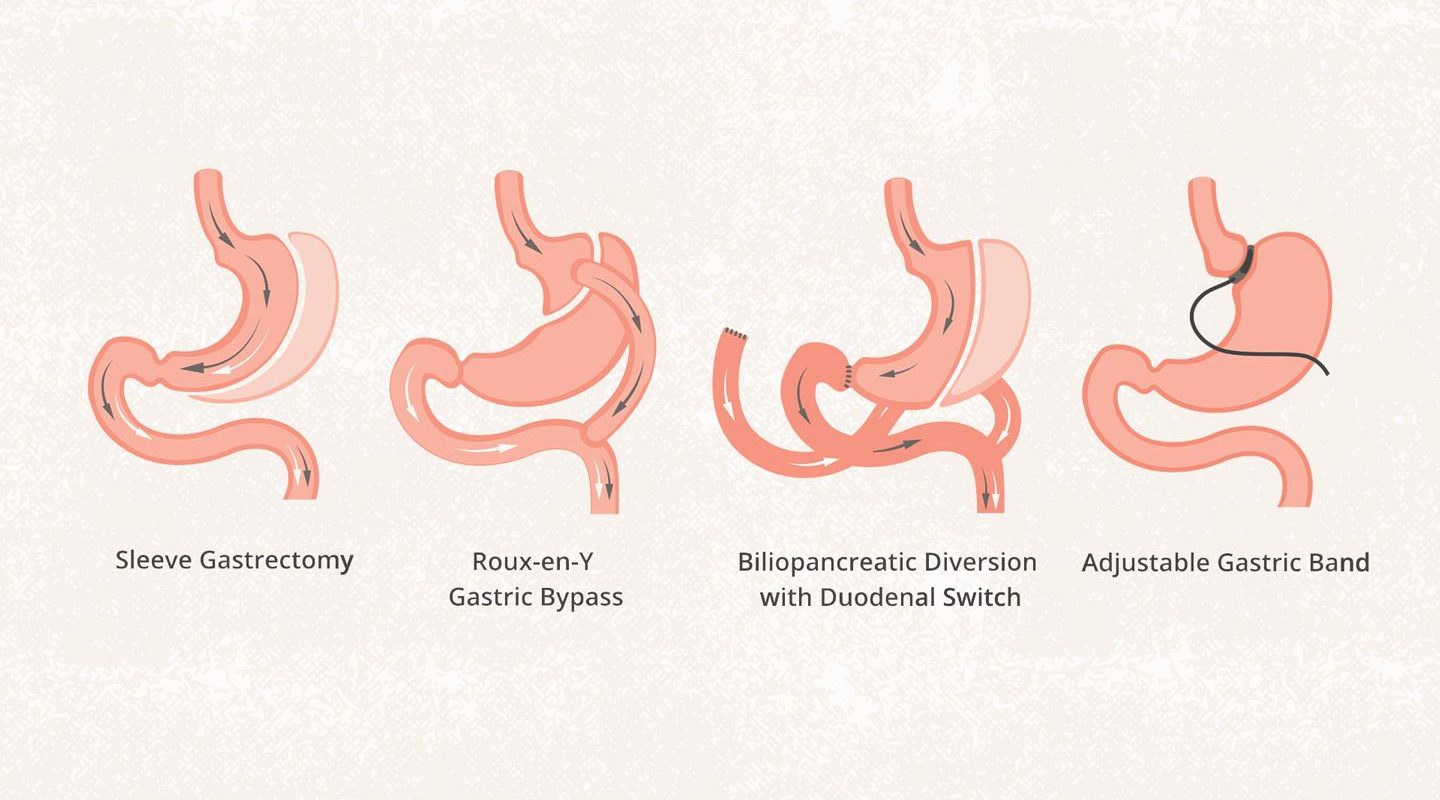Understanding BMI, Healthy Weights, and Why Severe Obesity Makes Dieting Alone Difficult
You may have heard that bariatric surgery, also known as weight loss surgery, can be a great option for people struggling with severe obesity. But when exactly is it recommended?
Let’s break it down in simple terms.
When is Bariatric Surgery Recommended?
Typically, bariatric surgery is considered when your body mass index (BMI) reaches 40 or higher. BMI is a measure of your weight relative to your height. An adult with a BMI over 40 is classified as severely obese. Surgery may also be an option if your BMI is 35 or higher and you have serious weight-related health issues like type 2 diabetes, high blood pressure, or severe sleep apnea.
To give you an idea, for a 5’4″ (163 cm) woman, a healthy weight range is between 108 lbs to 145 lbs (49 kg to 66 kg) according to CDC guidelines. Anything above 195 lbs (88 kg) is considered obese for that height.
Why Diet and Exercise Alone May Not Work
Now, you might be thinking – can’t people with high BMIs just diet and exercise? While that works for some, those with severe obesity often face roadblocks that make it extremely difficult to lose weight through diet and exercise alone. Here’s why:
Metabolic Adaptations: As people lose weight, their bodies adapt by slowing down their metabolism and increasing hunger hormones. This makes it increasingly difficult to continue losing weight and maintain the loss.
Hormonal Imbalances: Obesity can cause hormonal imbalances, such as increased insulin resistance and leptin resistance, which can make weight loss through diet and exercise alone more challenging.
Behavioral and Psychological Factors: Deep-rooted behavioral and psychological factors, such as emotional eating, binge eating disorders, or other mental health conditions, can make it difficult to sustain long-term lifestyle changes necessary for weight loss.
Comorbidities: Obesity-related health conditions like type 2 diabetes, sleep apnea, and joint problems can make it physically challenging to engage in regular exercise and maintain a calorie-restricted diet.
No matter which diets you try—low-calorie, low-carbohydrate (e.g., Atkins, Keto), intermittent fasting, low-fat, or Paleo—if your body and mind don’t support it, it becomes hard and there could be serious repercussions.
Plus, with such excessive weight, you can’t just accept it and live with it. It’s an urgent and serious matter that needs to be taken care of immediately.
The Health Risks of Severe Obesity
When someone is severely obese with a BMI over 40, it means they have an excessive amount of body fat. This excess fat doesn’t just sit inertly but functions like an active organ releasing harmful substances.
Inflammation: Excess fat cells produce inflammatory molecules called cytokines, causing widespread inflammation that can damage tissues and organs over time.
Insulin Resistance: Fat cells release excess fatty acids into the bloodstream, leading to insulin resistance and increasing the risk of type 2 diabetes.
Joint Stress: The extra weight puts mechanical stress on joints, leading to arthritis and joint problems.
Cardiovascular Strain: Severe obesity strains the heart, increasing the risk of heart disease, high blood pressure, and stroke.
Respiratory Issues: Excess abdominal fat squeezes organs like the lungs, making it harder to breathe and worsening sleep apnea and other respiratory issues.
In simple terms, the extreme amount of excess body fat acts like a toxic, inflammatory substance that damages organs and disrupts the body’s normal processes, leading to various serious health problems.
Why Bariatric Surgery Can Be a Lifesaver
When diets fail and health is severely impacted, bariatric surgery provides a way to finally lose excess weight and get healthier. But it requires careful evaluation to ensure it’s the right option for you.
If you’re struggling with severe obesity, schedule an appointment with us to understand whether bariatric surgery is the right solution for you.
Meet Dr. Shashank Shah
Dr. Shashank Shah is considered one of India’s best bariatric surgeons, with over 10,000 bariatric procedures performed from 2004 to 2024.
His extensive experience and compassionate approach have helped many individuals achieve significant weight loss and improve their overall health.
Severe obesity is a serious health concern that can lead to numerous complications. When traditional weight loss methods fail, bariatric surgery can offer a viable solution. With the expertise of Dr. Shashank Shah, you can explore the best options for achieving a healthier, more active life.
To learn more and schedule an appointment, click here. Don’t let severe obesity control your life—take the first step towards better health today.


